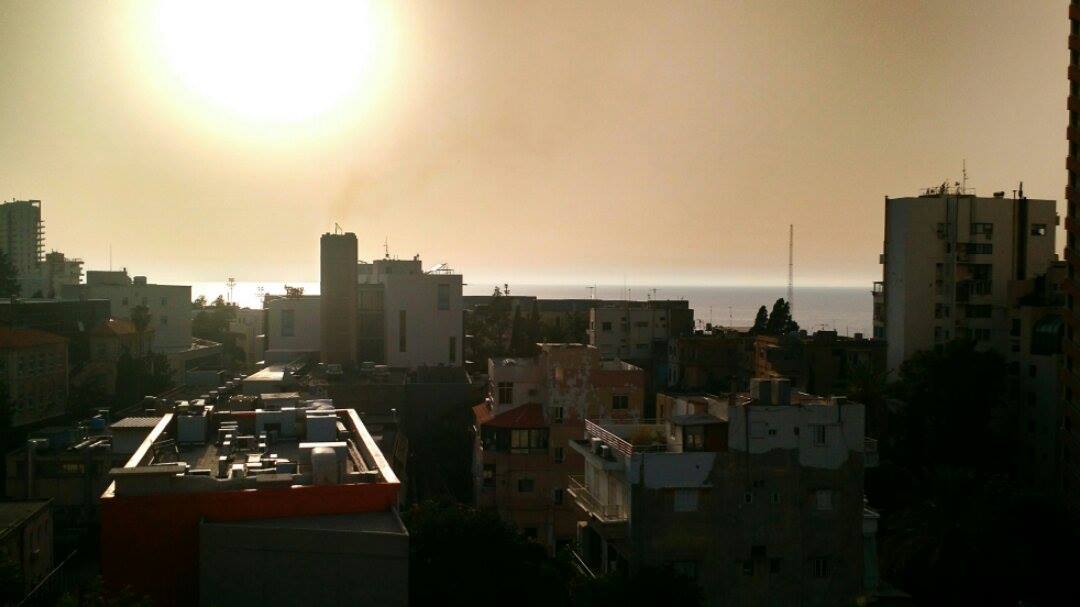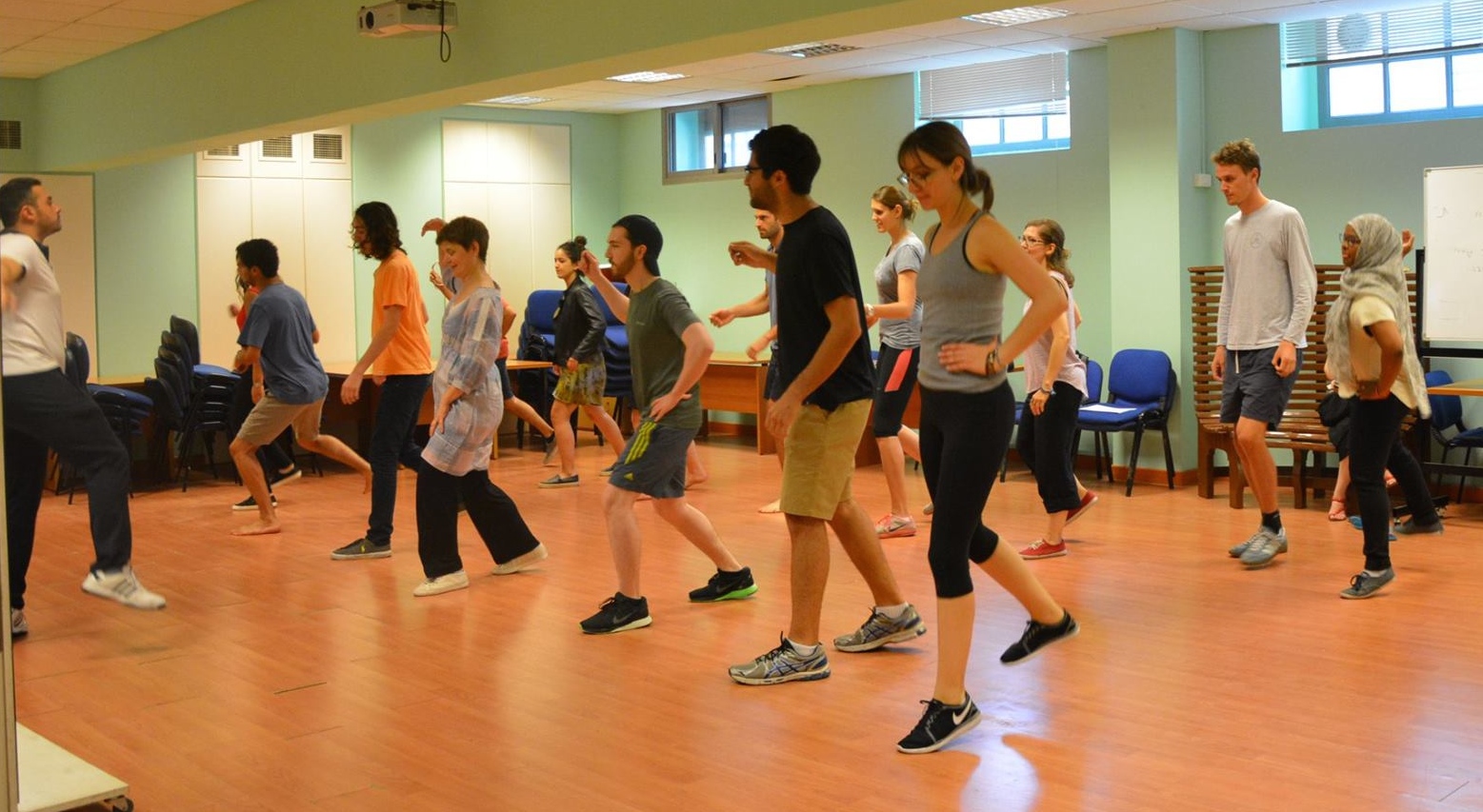During the last couple of weeks, I have been studying Arabic through the intensive summer program at American University in Beirut. I initially chose this program over others in the region, because it was promised to be one of the most rigorous. In this regard, the program has not disappointed. In fact, the term “intensive” has been quite an understatement as we were immediately thrust into an all-day, all-night whirlwind of classes and homework. We begin class each day at 8:30 in the morning and finish around 3:30 in the afternoon with enough homework to keep us busy until bedtime. It has been mentally exhausting, but my progress is already visible.
Still, learning a new language is such a funny thing. Even as I progress, it feels like the distance I need to go before reaching proficiency keeps growing. It reminds me of that learning model, the “Four Stages of Competence.” When setting out to learn a new skill, people typically begin at the stage of ‘unconscious incompetence’ – blissfully unaware of their deficits. As we move into the ‘conscious incompetence’ stage, we become aware of how little we know and how much we have to learn. I have been idling in this stage for a while now, and I hope that the hard work of this program will propel me into the ‘conscious competence’ stage where I know the language and I’m able to demonstrate this knowledge with deep concentration. And who knows, maybe someday I’ll reach ‘unconscious competence’ – speaking Arabic with ease. Insha’allah.
One of the most difficult things about learning Arabic has been splitting my attention between standard Arabic (الفصحى – FusHa) and the local dialect (العامية – Amiyya). The differences between the two are vast in terms of grammar, syntax, vocabulary, and pronunciation. Essentially, we are learning two different languages. Though I am beginning to feel comfortable speaking in FusHa, this is only used on the news and in official or academic settings. Many Lebanese – especially younger generations – are educated in the French or American systems and do not learn FusHa. Some people appreciate the effort, but speaking in FusHa most often results in confusion, laughter, or a response in English. So as I mentioned, there’s still a long way for me to go.

A glimpse of Mohammad Al-Amin Mosque and St. George Maronite Cathedral from the reconstructed downtown of Beirut
As part of the program, we dedicate three afternoons a week to cultural activities: a lecture, club, or field trip. During the first week of the program, my class watched a Lebanese film called Asfouri which explores memories of the civil war in Lebanon, and the changes that followed it, through the lens of a local family and their building renovations. The post-war changes in Beiruti architecture and real estate have been much politicized and often controversial. The film gave me a better sense of how individual experiences and memories interconnect with the landscape of Beirut, and it helped contextualize some of the construction sites I’m witnessing during my walks around town. An intriguing film.
My class also participated in the “Dabke Club” during this week. As we learned, the Dabke is an Arabic folk dance that originated in the towns and villages of Lebanon, Syria, Palestine, Jordan, and Iraq. Specifically in Lebanon, the dance evolved from changes in the weather and its effect on people’s homes. The roofs here used to be flat and made of tree branches topped with mud. As the weather changed, the mud would begin to crack. The owner of the house would call out to his neighbors, “Al-Awneh” (“Let’s go help”), and they would all climb on top of the roof, hold hands, and stomp their feet on the mud to re-adjust it. The dance has transformed quite a bit since then, but you can see from this video that all the dancers still hold hands in a line and make rhythmic “stomps.” Our own attempts were a bit of a disaster, but the uncoordinated flailing began to resemble something like the Dabke by the sixth or seventh round.
The upcoming clubs will give us a space to learn more about Lebanese cooking, music, and calligraphy. I anticipate more progress and discovery in the coming weeks.
مع السلامة // With peace
Dana

